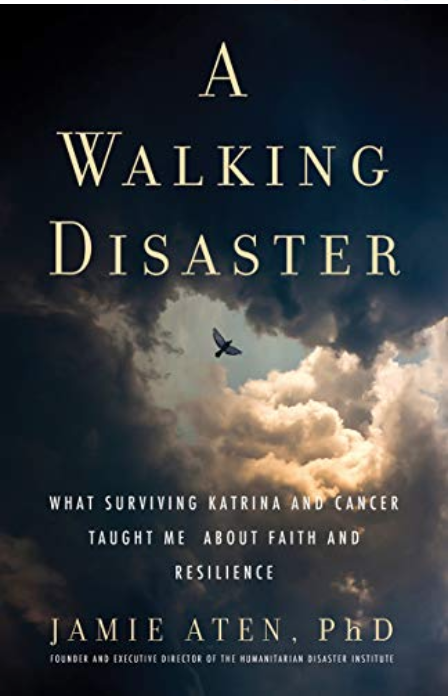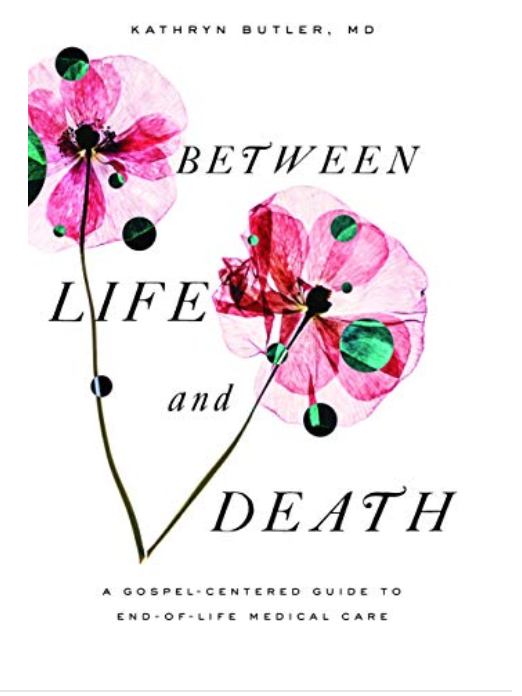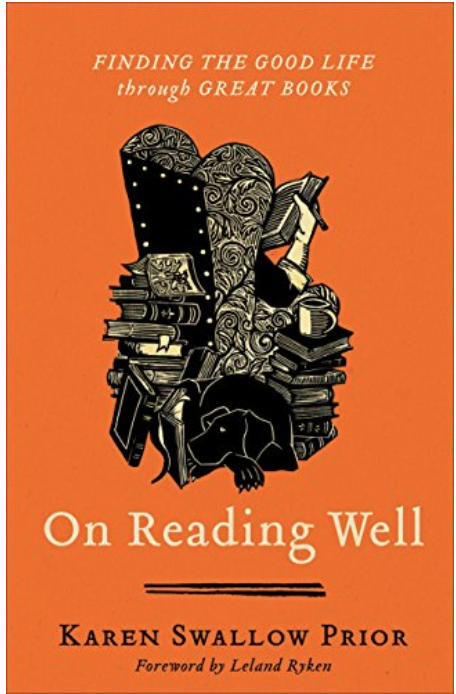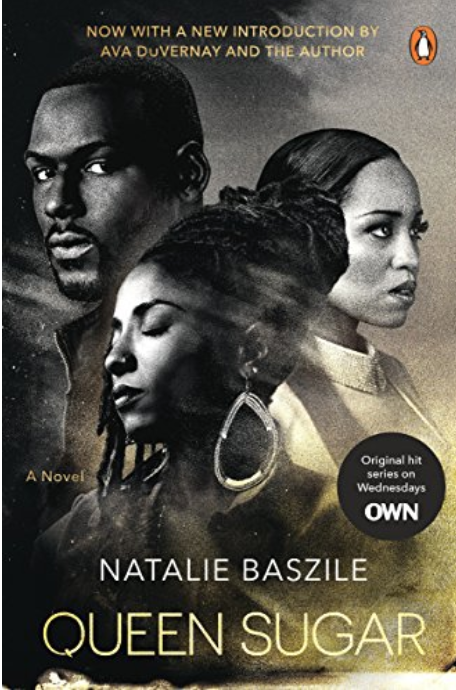On Reading Well: Four Great Books to Check Out Today
On Reading Well: Four Great Books to Check Out Today
“In a world dominated by tweets and texts, hot takes and sound bites, the call to read and to read well couldn’t be more timely, especially for the people of God.” Matt Chandler, endorsing Karen Swallow Prior’s book On Reading Well.
Do you love reading? I am what one might call a “bibliophile,” (a lover of books): I read in the morning (my Bible), read during the day for whatever I am writing about, read while working out or driving (through listening to novels on Audible), and read at night to fall asleep. And yet, I confess, this lump of metal and wires in my hands presents a real obstacle to my reading sometimes. Tweets, posts, photos, blogs…I am too easily seduced by the scroll, and there went thirty minutes I could have been reading an actual entire book.
While I’m confessing, I also realized that though I love books and telling people about books, I haven’t devoted much time to sharing these great stories on this blog, partly because it’s challenging to sum up all the things I love about certain books in a format intended for fairly quick reading. All that to say—I’m going to make an effort starting today and in the future to share some mini-book reviews with you.
Here are four wonderful ones I read or listened to this summer. Maybe you’ll skip reading the rest of this blog and start reading one of these today!
A Walking Disaster
What Surviving Cancer and Katrina Taught Me about Faith and Resilience
Dr. Jamie Aten
Read this one before (or after) the hurricane hits, or before (or after) the dread diagnosis arrives.
Dr. Jamie Aten, Founder and Executive Director of the Humanitarian Disaster Institute, a survivor of colo-rectal cancer and Hurricane Katrina, takes us into the world of disaster recovery and offers significant hope. As Dr. Aten shares his personal experience, he addresses many of the questions posed by suffering people and explains how suffering can strengthen our faith and resilience. Some of my favorite chapters were on “Dealing with Pain,” “Distinguishing between Optimism and Hope,” and “Facing Our Mortality.”
Between Life and Death
A Gospel-Centered Guide to End-of-Life Medical Care
Dr. Kathryn Butler
Read this when you are faced with bewildering end-of-life decisions for loved ones or yourself.
Ideally, read it before that day comes, but if you can’t, have it nearby when it arrives.
Dr. Kathryn Butler, former critical care surgeon turned writer and homeschooling mom, offers a gospel-centered approach to end-of-life care. As a skilled surgeon who understands the complexities of end-of-life care and as a gifted teacher, she is the perfect person to help laypeople understand the often-confusing end-of-life decisions set before us.
I appreciated the introduction and beginning, in which she helps the reader understand the issues, both from a medical perspective and a Christian perspective. She kindly organized the book in a way that helps people find what they need when they need it. Topical chapters include: Resuscitation for Cardiac Arrest (hint: it’s nothing like what we see on The Good Doctor), Intensive Care, and Brain Injury. The next section, called Discernment at Life’s End, with a glossary and suggestions for further reading, includes a sample Advance Directive that is worth the price of the book.
If you are in your forties and above, you’ll want a hard copy of this one to pull out as a reference, to guide yourself or your friends when those difficult days come.
On Reading Well
Finding the Good Life through Great Books
Dr. Karen Swallow Prior
Not for English majors only. People who love books will love this book about reading books, but even people who don’t necessarily love books have something to gain from On Reading Well. Dr. Karen Swallow Prior is an English professor who centers her life in Christ. Dr. Prior makes her case that reading can help us discover “the difference between evil and good,” an argument she attributes to John Milton in Areopagitica. “Reading well is,” she argues, “in itself, an act of virtue, or excellence, and it is also a habit that cultivates more virtue in return” (Prior, 15).
Bibliophile that I am, I loved the introduction on reading well: reading to learn how to think, reading things you enjoy, reading with a pen or pencil ready to mark the book…well, let’s just say I made many marks on these pages! After making a convincing argument that reading well is a worthwhile, even enjoyable endeavor, Dr. Prior takes us on a journey through twelve different virtues, exploring each through a particular classic. Her chapter on kindness and George Saunder’s “Tenth of December” made me pray to be more kind and less envious; her chapter on patience and Jane Austen’s Persuasion encouraged me to read this one of Jane Austen’s books I’ve never read; her chapter on the Death of Ivan Ilyich and her discussion of her father’s suffering made me want to read that short novel of Tolstoi’s (which I’ve succeeded in getting my son to read though I haven’t gotten to it yet).
Read this book to discover why reading well is crucial; read it to discover more great books to read!
Queen Sugar
A Novel
Natalie Bascile
Read it if you want to stand in a steaming cane field in Southern Louisiana (or maybe if you just want to imagine what that would be like). Read it if you want to explore the themes of racism, sexism, and the Great Migration.
Natalie Baszile’s novel, set primarily in southern Louisiana, transported me to a place and a story I knew little about. Her carefully crafted and richly complex characters drew me in to their story, creating empathy. I wanted to meet these people. As they traversed various landscapes, I came to understand better the Great Migration of African-Americans in the early twentieth century and was introduced to the current trend toward reverse migration.
Read it for the plot, read it for the characters, read it for the eloquent writing! Even better, listen to the version narrated by Miriam Hyman, available on Audible and possibly in your library’s audio collection.









![When’s the last time you highlighted your weakness?
Therefore I will boast all the more gladly in my weaknesses, so that the power of Christ may rest upon me. 2 Cor. 12:10
All-Powerful God,
We confess,
we in Western culture
crave power, control, and independence.
The last thing we want
is to seem weak.
And yet, weakness is the way of Christ,
so it must be our way as well.
The apostle Paul understood that,
so in the face of accusations
that he wasn’t an apostle,
he countered the boasting of the “super-apostles”
with some boasting of his own:
“If I must boast,
I will boast of the things
that show my weakness” (2 Cor. 11:30).
And then he mentions how he was lowered in a basket through the window of a wall in Damascus, of all places,
a place he went to persecute Jews only to be knocked down on the road,
struck blind, by his Lord and Savior himself.
Paul shares many other weaknesses in 2 Corinthians,
a book that’s all about weakness as the way
of followers of Christ.
He asked that you would relieve him from a “thorn in the flesh,”
but you did not.
Instead, you said,
“My grace is sufficient for you,
for my power is made perfect in your weakness” (2 Cor. 12:9).
Lord, we know we really are weak —
[for each of these areas, name any weaknesses you have]
weak in our bodies,
weak in our work,
weak in our wills,
weak in our faith,
weak in our hope,
weak in our love.
We believe
that you your power is made perfect
in and through our weakness.
Help our unbelief.
In Jesus’s name. Amen.
Read 2 Corinthians 11:30-12:10.
#Dailyprayer #devotional
#hopewriterlife #goodnewsfeed #votd #Biblestudy #dailydevotions #grace #dailyverse #womensministry #aging
#gospelshaped #shereadstruth #womenoftheword #christianliving](https://www.elizabethturnage.com/wp-content/plugins/instagram-feed/img/placeholder.png)